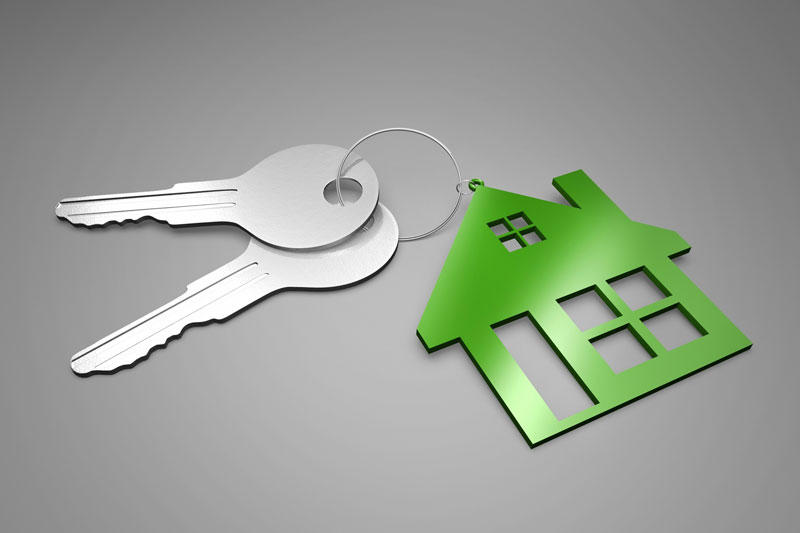
Would you like to pay hundreds less in monthly mortgage payments AND cut years off your repayment period? Would you also like to suffer through months of paperwork and pay thousands of dollars out-of-pocket for fees?
If your response to these questions is, “Hmm,” then you may want to keep reading. Contrary to propaganda, home refinancing is not an instant millionaire potion. There is a lot more to it then “Apply, get rich.”
To get a serious overview of renegotiating your home loan, read these pros and cons of refinancing.
Refinancing Pros
Here are the awesome benefits of refinancing your home.
Better Interest Rate
A lower interest rate means a lower monthly payment. Just a 2% decrease in interest rate could save you hundreds of dollars on your monthly payment. If you are struggling financially or at risk of foreclosure, this may be all the incentive you need.
Additionally, you can escape a wishy-washy, adjustable rate mortgage and enjoy a new, fixed rate.
Shorter Loan Period
Alternatively, or additionally, a lower interest rate can shave years off your payoff period.
Competitive Options
Though the housing crash has made lenders a little pickier about who they approve, this does not change the fact that they are still in competition with other lenders.
Never, ever sign for a loan without shopping around first. The rate difference between lenders can be up to a whole percentage point! Lender competition also gives you some leverage to negotiate all the ridiculous fees they try to tack on.
Cash Out Refinancing
If you have equity, you can potentially take a loan out for more than the remaining loan balance. This process turns your equity into cold hard cash for you to invest wisely.
Remember: this is not “free money.” Borrowing equity means turning a debt you have already paid off back into debt.
It is for making profitable investments or paying off high-interest debt. It is not for traveling to Mexico or installing a solid gold toilet.
Refinancing Cons
Hearing about benefits as good as those mentioned above make most people a little too hasty about refinancing. They imagine they can zip on over to the nearest lender and zip right back out with thousands of dollars in hand.
As nice as that would be, refinancing is not as simple as all that. Before you rush into anything, consider these drawbacks of refinancing your home.
Rushing is Not an Option
First of all, there is nothing “zippy” about applying for a refinance. It is a very long and involved process full of variables and negotiations. That is not including shopping around for the right loan from the right lender.
The paperwork is extensive, and so is the amount of information it requires of you. Employment history, financial history, and financial documents from years ago will be summoned out from the darkness like obnoxiously monotonous ghosts. Then there are appraisals, negotiations, and other time-consuming tedium.
Think of it this way. You are essentially buying your home all over again. Remember how long that took the first time?
Refinancing May Not Be an Option
After all that (or before), you may not be approved anyway. If your credit or salary has gone down since purchasing your home or your property gets a bad appraisal score, chances of rejection are high.
Even average credit applicants get turned down these days. Banks are much pickier since the housing crash.
Lots of Fees
Your new loan may come with a load of new fees. Most notably, closing costs alone can be as high as 6% of the loan!
In addition, there are undoubtedly a bunch of other fees, many of which are utterly ridiculous. These could make up another 6% of your loan.
You may see (but may negotiate) funds transfer fees, courier fees, document preparation fees—you are paying them to use a stapler? There may also be a prepayment penalty on your original loan for paying off early. You may even be charged a fee for applying.
Overall, you are looking at multiple thousands in fees. Worst of all, you may have to pay several thousand out-of-pocket up-front. Make sure you consider all fees and added expenses of refinancing before you sign to make sure it is even worth it.
It is Risky
If your original mortgage is a non-recourse loan, the bank can repossess your home and any profits made from it if you default. That is all.
If the new loan is instead a recourse loan, the lender can repossess more than that. Upon default, if repossessing your home is not enough to cover what you owe, they can come after your other assets as well.
Pros and Cons of Refinancing
Now that you know, make an educated decision and shop carefully. Remember these pros and cons of refinancing your home.
Next, read What Real Estate Trends Can You Expect in the Fourth Quarter?
We at 7th Level Mortgage are an experienced team of mortgage professionals based out of New Jersey and serving the east coast from Pennsylvania to Florida including Delaware and Maryland. We have won numerous awards for our excellent professional work and reputation with clients for being extremely diligent, accessible and hands-on throughout the entire mortgage process.
